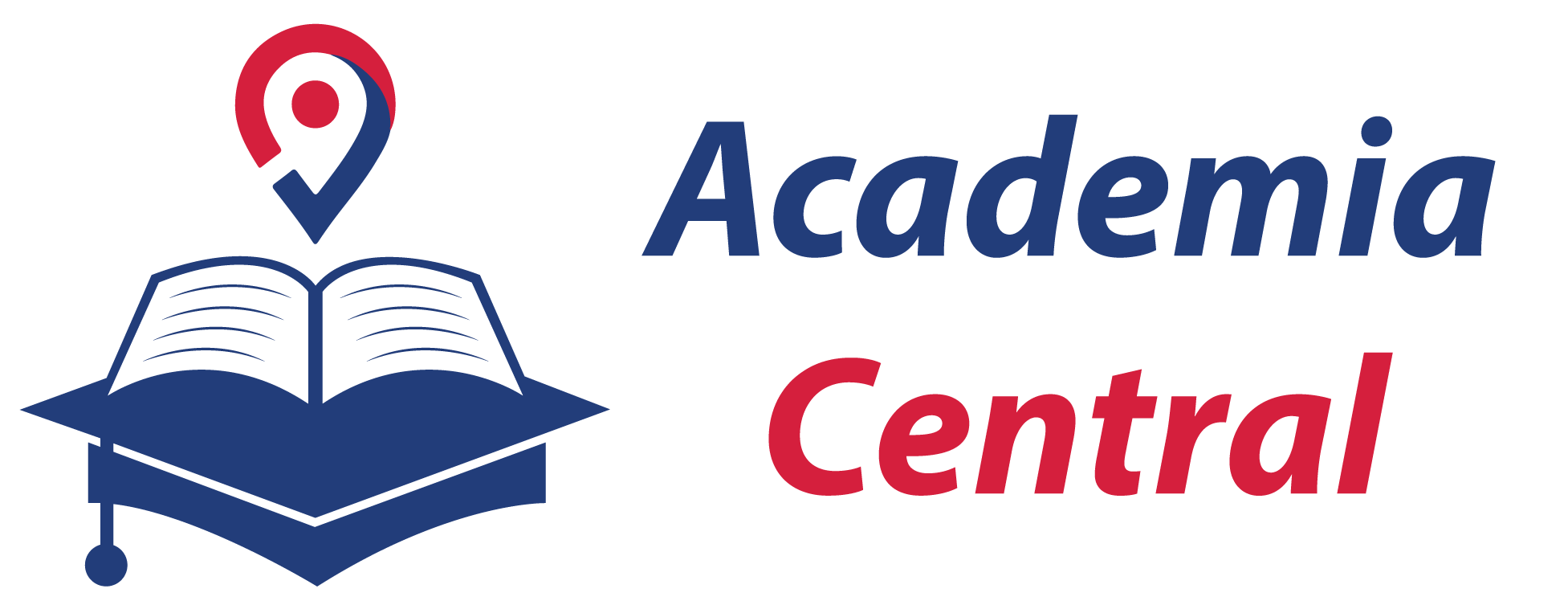
How to develop the 3 fundamentals for success
Rather, things are going to continue to be messy. But whatever circumstances and challenges your particular business and workforce are faced with, it is manageable. The pandemic isn’t still rocking the foundations of our lives, although certain elements still linger. Most disturbance now derives from the technology-driven new era of business and work that we have been launched into—propelled at speed by crisis conditions—that we are in the process of recognizing, navigating, and adapting to.
Messiness does not mean chaos or conditions that are insurmountable for your business to absorb, overcome, and achieve good, or even great, results. While the kinetic energy of forward movement will not abate, it is not unidirectional and there are many beneficial pathways and options to choose from that take different trajectories. However, resisting—rather than channeling—technology-driven progress is illogical and futile. It is critical to harness the energy of change to build opportunities, not multiply your challenges.
If you clarify, develop, and strengthen these three fundamental areas for yourself, your team, and your organization, you can benefit from the potential it creates and transcend hindrances encountered.
VALUES
WHAT: Timeless values are essential to ground everyone, so people are not distracted by surrounding market turmoil and relentless change. Values such as trust, empathy, and inclusion anchor and align everyone across their diversity of backgrounds, cultures, education, and experiences. Core tenets such as these allow you all to connect, feel a sense of belonging, and build meaningful bonds that serve business and personal needs whatever the economic climate.
WHY: Corporate values underpin your culture and workplace environments—wherever people are working. Values guide attitudes and determine behaviors, especially when no one else is watching. Values align and connect a community as well as govern the rules of engagement. How well articulated are your organization’s values? Would everyone use the same few adjectives to describe your company to potential prospects—customers and candidates? What selection would most use?
HOW:
- Poll people to uncover the core, timeless values that unite you, then articulate and live them.
- Discover how to model these values daily across your organization.
- Set an example and encourage your peers and teams to do the same.
- Measure the ongoing shift in sentiment—the strengthening of connections, the reduction of stress, and the improvement in collaboration outcomes.
MINDSET
WHAT: Your mindset dictates the attitude you have and affects the approach you take. Your mindset shapes the lenses through which you look—the way you see the world. A growth mindset is essential during uncertain times enabling you to be open to a range of possibilities. These options can span what is known, understood, and deployed, as well as unexplored ideas and processes that might modify or disrupt established practices. In contrast, a fixed or closed mindset is not open to modification or changing perspective and resists new concepts and methods.
WHY: Unpredictable conditions compel businesses to often to pivot or adapt strategies, KPIs, and tactics such as restaurants, retail stores, and other businesses had to during the crisis. The growth mindset more easily accepts unforeseen situations and explores a variety of references to assess unfamiliar challenges. Embracing an open mindset, you can solicit and embrace more perspectives and potential solutions and be sensitive to nuances when debating diverse inputs. Outcomes improve when you can reach a well-informed conclusion during the decision-making process.
HOW: We all get attached to familiar ideas and stuck in routine behaviors. Human beings are predisposed to reduce risk and achieve comfort. However, right now, old habits can be unhelpful.
- Accentuate curiosity in your approach to tasks in whatever ideas are presented or options are available.
- Each time, solicit one or more extra concepts or perspectives that you consider carefully with others to expand the idea set and push out of your comfort zone to find innovative solutions.
SKILLS
WHAT: Does anyone at your company know the extent of what your workforce could accomplish should the need arise? During the pandemic, more people’s talents were uncovered and tapped into as businesses struggled to pivot and survive. However, skills are still rarely well understood or mapped across organizations. In addition, “soft” or “power” skills—such as empathy, communication, and collaboration—are rising in importance as the emphasis on talent increases.
WHY: I often ask audiences who knows their top three skills. At most, five percent of people raise their hands. Yet advancing technologies have spawned a skills-based work framework as the skills we use to complete daily tasks and longer-term projects are constantly evolving. We are needing to update our skills in half the time of earlier decades (approx. five versus ten years). If workers are not aware of their talents—especially power skills—or supported in up-skilling to develop their careers and mobility across teams and departments, how can they meet the business’s changing needs?
HOW:
- Find or create a taxonomy of skills as a common language.
- Build an inventory of employees’ skills which identifies each person’s current hard and soft skills—their full current capabilities. Outsourcing this project is generally most efficient to get the valuable data that better equips executives and managers to assign projects and tasks.
- Discuss reskilling or upskilling needs and interests with employees to develop their careers that grow with the business.
In current circumstances, best practices that seek cookie cutter solutions are rare because there is so much variety across business sectors, sizes, and setups and so many factors in flux.
Instead, principles can be applied in relevant ways for your company, business, workforce, and requirements. Focus on the three fundamentals to foster an appropriate values-based environment, develop productive attitudes and approaches, and develop necessary skills.
Developing these fundamentals, emphasize empathy to nurture and elevate your talent and balance technology-driven settings. Empathy is a unique human-centric value, mindset, and skill that can give you the understanding, strength, and sensitivity to know and nurture every employee and be set up for success for this year and years beyond.
Article link – https://www.fastcompany.com/90802706/how-companies-are-redefining-the-idea-of-culture-in-the-workplace
